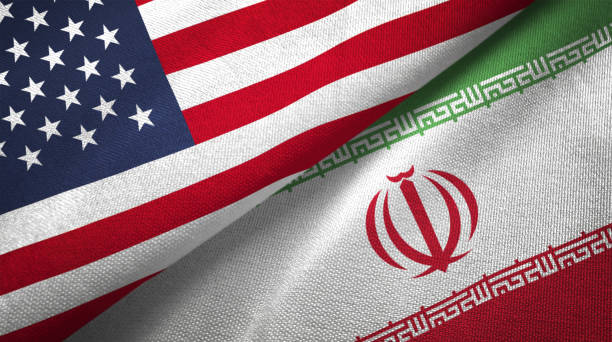The nuclear deal is also known as the Joint Comprehensive Plan of Action (JCPOA). The agreement was signed in 2015 by Iran and other several countries including the United States. Under the terms of the agreement, Iran agreed to pull down much if its nuclear program and opened its facilities to international assessment in exchange for billions of dollars’ worth of sanction relief. With this, the countries felt that it will prevent and reduce any conflict between Iran and its regional rivals, including Israel and Saudi Arabia.
In 2016, when the deal came in effect, the members included Iran, China, France, Russia, United Kingdom, United States and Germany. Later European Union also took part in the agreement. While the few others wanted to be part of it, countries like Israel opposed it, calling it clement.
The deal took a major downfall in 2018, when President Trump withdrew United States (US) from the deal, as it claimed to fail curtail Iran’s missile program and regional influence. In response of the same, Iran has resumed some of its nuclear activities, ignoring the limitation of the deal. The endless waves of sanctions imposed, re-imposed or re-labelled by the Donald Trump administration entailed some 1,600 designations, including those relating to “terrorism” and human rights violations.
Since May 2019, Iran has boosted its nuclear activities. It is now enriching uranium to higher than 60 percent, its highest ever rate, in response to a sabotage attack on its main nuclear facilities in Natanz earlier this year. Iran has also advanced centrifuges and has achieved more technical knowledge since the past one year. But they have claimed it their nuclear program to be peaceful and that the production of Uranium metal will help them with radiopharmaceuticals and industrial radioisotopes.
On 3 January 2020, Iran’s top military commander, General Qasem Soleimani, was killed by a US drone strike in Iraq. Iran vows to severe revenge for his death and pulled back from the 2015 nuclear accord.
In the latest Axios report, the US is warning Iran about the damage beyond repair situation about the 2015 Nuclear Deal. In the last few months, six rounds of indirect talks have happened between the two countries in Vienna. But no resolution has come out of these, as Iran has been stalling the talks and is only ready to talk after Raisi will take over as the President of Iran in August 2021. Iran has refused to negotiate with harsh sanctions imposed on them in Vienna. The nest round of talks will happen when Iran sets a date and will be facilitated by the European Union (EU).
According to the tweets earlier this month by Seyyed Abbas Araghchi, Iran’s deputy foreign minister, said, “We’re in a transition period as a democratic transfer of power is underway in our capital. [Vienna talks] must thus obviously await our new administration. This is what every democracy demands.”
Now the main events of the deal will only enhance after August when Raisi takes over the authority of Presidency of Iran. But there is no doubt that US is getting uneasy about Iran’s continued and growing activities around their nuclear program. The stalling of the talks between the two countries is only bringing more instability and insecurity, not only at the regional but at the global level.









